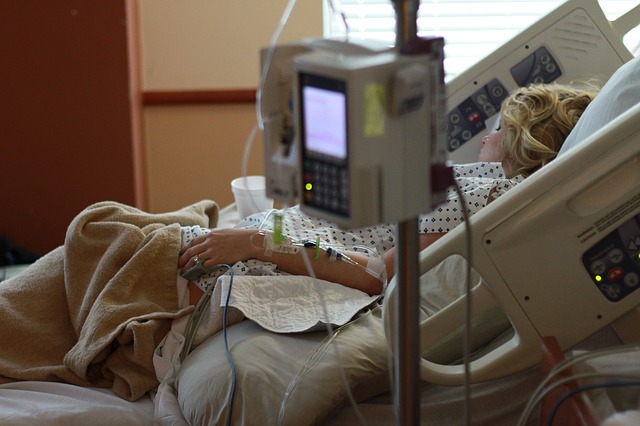New research has found that patients who have been diagnosed with cancer or dementia are likely to receive more end-of-life care compared to those dying from other diseases.
The study of Veteran Affairs hospitals found that cancer and dementia patients had more palliative care and plans for end-of-life in place, such as orders not to resuscitate, resulting in fewer deaths in intensive care units compared to other serious illnesses. These included heat failure, end-stage kidney disease, lung disease and frailty, reports US News.
Lead researcher Dr. Melissa Wachterman, professor of medicine at the VA Boston Healthcare System and Brigham and Women’s Hospital in Boston, said that,
Historically, efforts to improve end-of-life care have focused on cancer and more recently on dementia.
She added, “We really do need to expand efforts to improve care to other patients that haven’t gotten that focus.”
While it is obvious that many patients with cancer are facing near-certain death, other patients with heart, lung and kidney diseases suffer from fatal conditions too, Wachterman said. She said that, “Most people don’t die of cancer, but the palliative care of those dying from other diseases is not as good. But palliative care and hospice can help a lot.”
Palliative care is treatment approach whose primary aim is to ease symptoms, such as pain, and improve the quality of life for people with life-threatening diseases, according to the US National Institutes of Health. Palliative care also provides support to families and loved ones of fatally ill patients.
Hospice care, meanwhile, offers similar assistance and support for patients and their families. But hospice care typically begins when treatments for the disease have stopped. Palliative care is offered alongside curative care, the NIH said.
Using medical data and results from the Bereaved Family Survey, researchers studied data from 146 hospitals in the VA health system, focusing on patients who died between 2009 and 2012. Among the nearly 58,000 patients, around 50% of those who had kidney diseases, heart failure and frailty received palliative care, compared to 75% of cancer patients and 61% of dementia patients.
In addition, about 33% of those with kidney diseases, heat failure and frailty died in an intensive care unit. In comparison, only 13% of cancer patients and 9% of dementia patients died in intensive care units, according to the study.
Cancer and dementia patients also tended to have more Do Not Resuscitate (DNR) orders, meaning no extra steps should be taken to prolong the patient’s life. Close to 94% of cancer and dementia patients had a DNR, while 87% of those with other illnesses had DNR orders.
Findings also showed that some 60% of the families of cancer and dementia patients ranked end-of-life care as excellent, while 54% of the families of patients with other conditions gave the same rating.
Wachterman said one limitation their team found in the study was the lack of a solid definition for frailty. A second challenge was that these findings may not apply to other patients being treated outside the VA health care system.
Outside the VA system, patients may not even get a choice in whether they get end-of-life care or not. As of now, Medicare patients have to choose between palliative care or continue with curative care, not both.
Dr. F. Amos Bailey, a palliative care physician at the University of Colorado School of Medicine in Aurora, calls it a terrible choice. “It’s being recognized as a false dichotomy. In fact, palliative care and curative care should be integrated,” he said, stressing that patients should get both. “Studies show that those who do get better care are less depressed and live longer.”
Bailey is co-author on an editorial accompanying the study, which were published in JAMA Internal Medicine.
























